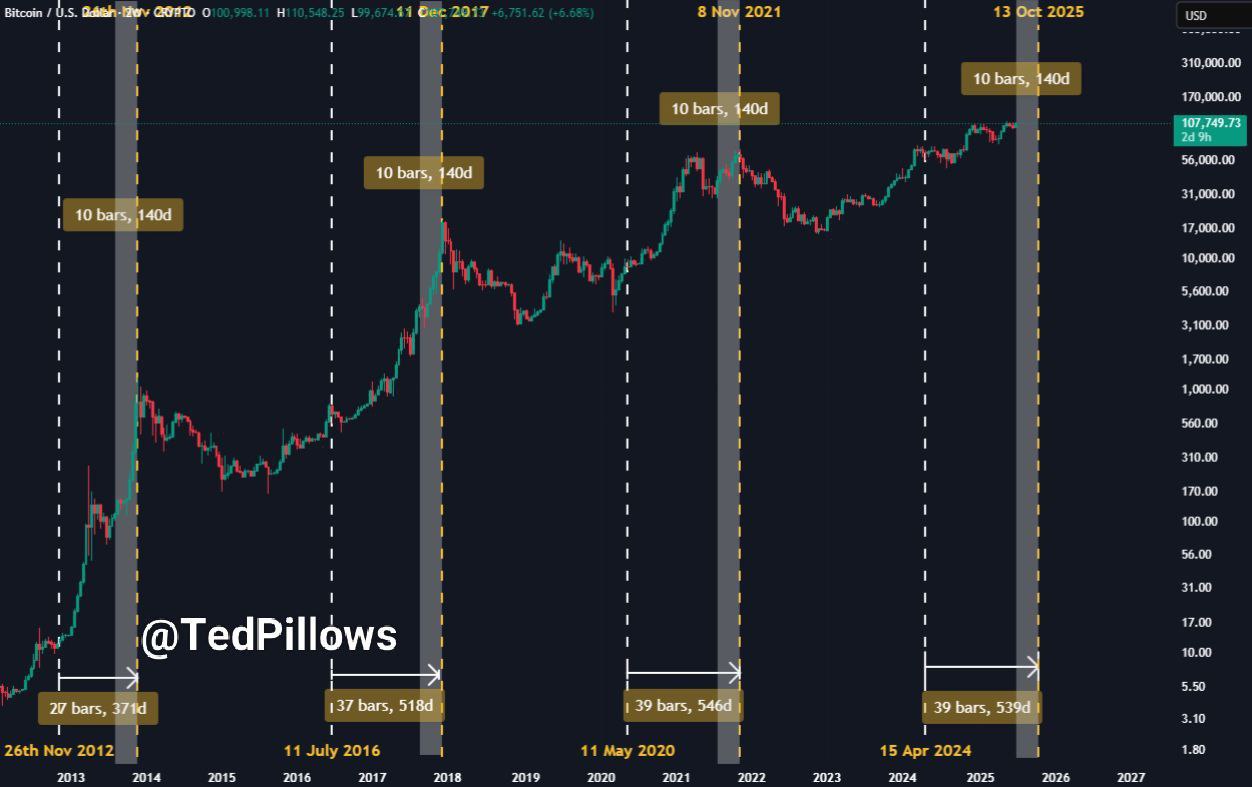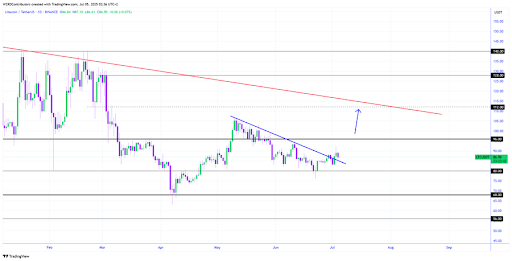
India Announces its Steps Towards Digital Rupee and Crypto Taxation
The big announcement on the digital rupee is out in India. Indian government’s announcement on the launch of the digital version of the rupee, turning into the furthest down-the-line country to join the list of countries that of virtual currencies.
The country’s central bank expects to launch the digital currency “utilizing blockchain and different innovations” sometime in the new financial year, which starts in April, as per Indian Finance Minister Nirmala Sitharaman.
While presenting India’s annual budget plan, Finance Minister Nirmala Sitharaman said the digital rupee would “give a major lift to the digital economy.” The Reserve Bank of India will launch the digital currency making the most awaited central bank digital currency (CBDC) project a legal payment tender in line with the physical currency in India.
Digital payments are seen significant prevalence in India since late 2016 when Prime Minister Narendra Modi banned the country’s two biggest rupee banknotes. Aside from local players, Paytm, a portion of the world’s most significant tech organizations, including Google and Facebook, have joined India’s cashless payments space.
Digital Currency: What’s Up with Other Countries?
The announcement is now a significant boost to the financial economies across the globe. The Indian government pushes ahead with their own arrangements to launch virtual forms of their own currencies. China has been testing its digital yuan in significant urban places throughout the previous two years. It’s one of simply three payment methods accessible to competitors, authorities, and columnists attending the Beijing Winter Olympics this month.
Europe and the United States have additionally been investigating the opportunities for a digital euro and digital dollar. However, both have focused on the significance of alleviating financial risk introduced by any e-money.
For quite a long time, India has expressed its worry about cryptocurrency and how best to control digital assets on occasion while playing with a ban on cryptos. An obscurely phrased proposition posted on the Indian parliament website last year recommended the government was exploring plans to “prohibit all private digital currencies in India.”
The central bank has always expressed its worries about digital currencies that can be utilized for money laundering and financing terrorism.
No Ban on Digital Currencies
The finance minister, Sitharaman, proposed that authorities will keep permitting crypto exchanges in the nation, yet with specific regulations. She said that the Indian government would force a 30% tax on income from virtual digital assets.
“There has been a phenomenal increase in exchanges in virtual digital assets,” Sitharaman said. “The magnitude and frequency of these transactions have made it imperative to provide for a specific tax regime, she added.
The budget plan regarding crypto taxation seems to be welcomed in India. The crypto investors and industry experts highlighted Sitharaman’s comments as a sign that Asia’s third-largest economy would not ban virtual currencies. Most investors expect crypto taxation to be a positive step to build a stronger crypto economy in India, which clarifies most of the queries raised by crypto communities for so long.
Nischal Shetty, the founder of cryptocurrency platform WazirX, on Tuesday, tweeted: “Hope to see a reduction of crypto ban fear in India.” “Lot to unpack here, but overall, this is a very positive step forward for the crypto ecosystem in India.”
His latest tweet added that Crypto is finally on the right path in India.
Digital currencies have become alluring to Indians since the beginning of the pandemic. At the same time, the government doesn’t keep assessments of the number of individuals exchanging cryptocurrencies. The media reports have suggested that the country might hold upwards of 20 million crypto-financial backers, referring to industry experts.



